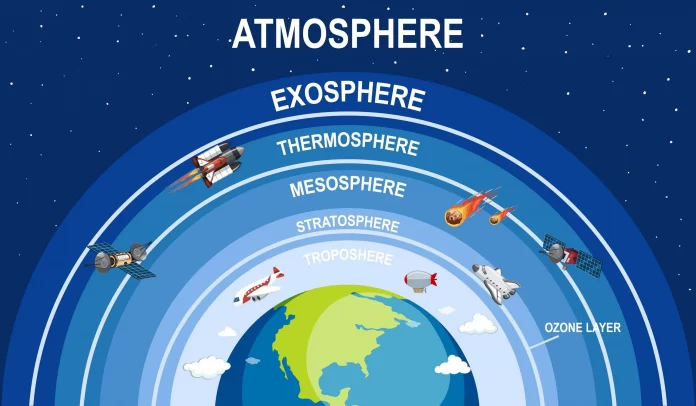The Environmental Protection Agency (EPA) and the United Nations Development Programme (UNDP) in Ghana have called on the public to eschew acts that will further deplete the ozone layer.
The ozone layer is a fragile shield of gas that protects the earth from the harmful portion of the rays of the sun, thus helping preserve life on the planet.
Over the years, human activities including the use of electronic appliances like air-conditioning, refrigerators, that emit chlorofluorocarbon have contributed to depletion of the ozone layer, a statement jointly issued by the EPA and UNDP Ghana to commemorate the celebration of World Ozone Layer Day said.
World Ozone Day provides an opportunity to celebrate the achievements of the Montreal Protocol and rally support for national compliance efforts among the public and key stakeholders.
The theme for 2023 World Ozone Day dubbed “Fixing the Ozone Layer and Reducing Climate Change” reminds the people to be committed to protecting the ozone layer and the planet for generations to come.
The statement said the EPA and the UNDP had over the years implemented strategies and initiatives of its global commitment under the Montreal Protocol to phase out Ozone Depleting Substances, including import restriction measures.
It said placing a ban on these harmful substances would enable the ozone layer to slowly recover, protect public health, safeguard ecosystems, and mitigate climate change.
On public education, the statement said a campaign had commenced with activities, including the engagement of community members and students in the Ashanti, Eastern, Volta and Western Regions of Ghana.
They were sensitized on the ozone layer, its importance, activities that depleted it and steps they needed to take individually and collectively to help restore the ozone.
The statement said Ghana was a signatory to the Montreal Protocol and had ratified the Kigali Amendment to the Montreal Protocol in 2019.
The amendment aims to phase down the production and consumption of hydrofluorocarbons which are gases with high global warming potential that replaced ozone-depleting substances in the cooling industry to enhance the energy efficiency of cooling appliances.
The statement quoted Ms Angela Lusigi, the UNDP Resident Representative in Ghana as saying, “As the government of Ghana works tirelessly to address pressing ozone challenges, UNDP reaffirms its commitment to support the government in halting ozone depletion and foster a sustainable and safe environment future for all.”
GNA

















